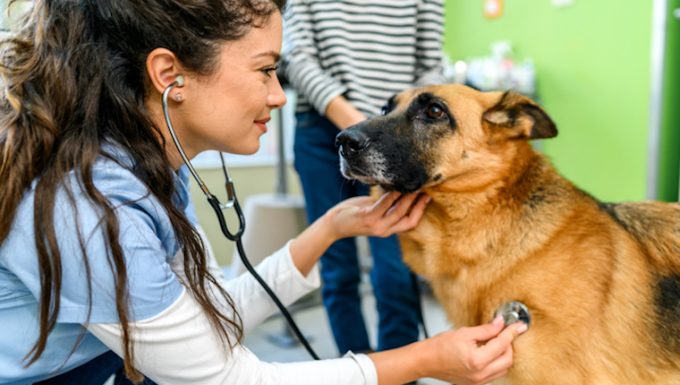Liver and gallbladder cancer in dogs is a condition where a dog develops cancer of the liver and gallbladder at the same time. The cause is often unknown.
Technically, there are six different types of tumors that can be diagnosed.
Unfortunately, Golden Retrievers, German Shepherds, and Labrador Retrievers suffer from the condition more than other breeds.
Additionally, you can…









